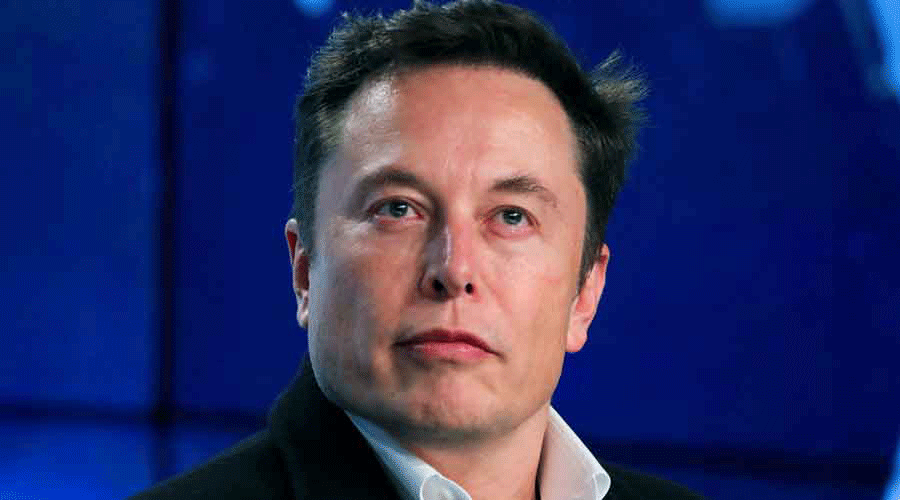I n George Orwell’s 1984 — a dystopian novel about totalitarianism — the party in power takes control of people’s memories in order to establish its iron grip over them and on power. In 2023, this possibility no longer looks like a figment of imagination, with fiction and fact colliding in a discomfiting way. Elon Musk’s company, Neuralink, which manufactures brain-chip interfaces, had sought permission to begin human clinical trials this year. This technology may one day allow people to record, delete and control their memories. The Food and Drug Administration of the United States of America has turned down Neuralink’s application. But none of the FDA’s concerns centres on the ethical dimensions of controlling memory. Research published in the AMA Journal of Ethics has shown that selective manipulation of memories can have vast implications on how people consciously construct their notions of the self and how they adhere to social norms. It is not too difficult to imagine a futuristic situation in which public memory, aided and abetted by science and technology, becomes a tool in the hands of an authoritarian State used to augment surveillance systems to suppress dissent or to transform private thoughts into data for mining profit.
Of course, none of this is really new. Human history is witness to the deleterious effects of attempts to distort collective memory. Adolf Hitler manipulated the spectre of the First World War — the deaths of two million German soldiers in that conflict had haunted public remembrance — to justify the use of military violence as morally defensible. Little seems to have changed more than eight decades later. Russia’s war on Ukraine is a war over memory as much as territory. It promises a return to an imagined Soviet-era past. China, meanwhile, is reportedly seeking ways of tweaking public memory of its painful zero-Covid policy. Closer home, the Narendra Modi government, riddled by policy failures, is adept in weaponising memory — perceived wrongs by ancient Muslim rulers are invoked periodically — to not only divert attention from the shortcomings in governance but also to institutionalise a majoritarian ethic.
Yet, memory can be supple and strangely resistant. It has thus been invested in as a formidable weapon of resistance to human follies. In post-War Germany, the reparations provided to victims of genocide and the memorials erected in their name have become lodestars for ‘transitional justice’ — a potent codification of norms and policies aimed at ensuring peace and justice in the aftermath of conflict. In fact, some European countries even went to the extent of framing ‘memory laws’, which enshrine State-approved interpretations of crucial historical events, ban the propagation of totalitarian ideologies, and criminalise expressions that approve of or justify acts constituting crimes against humanity.
Yet even such legislation can be a lethal weapon in the hands of mischievous dispensations. This only goes to show that the nexus among memory, the State and science is seldom static. It continues to evolve in ways that are telling of the prevailing political economy.










